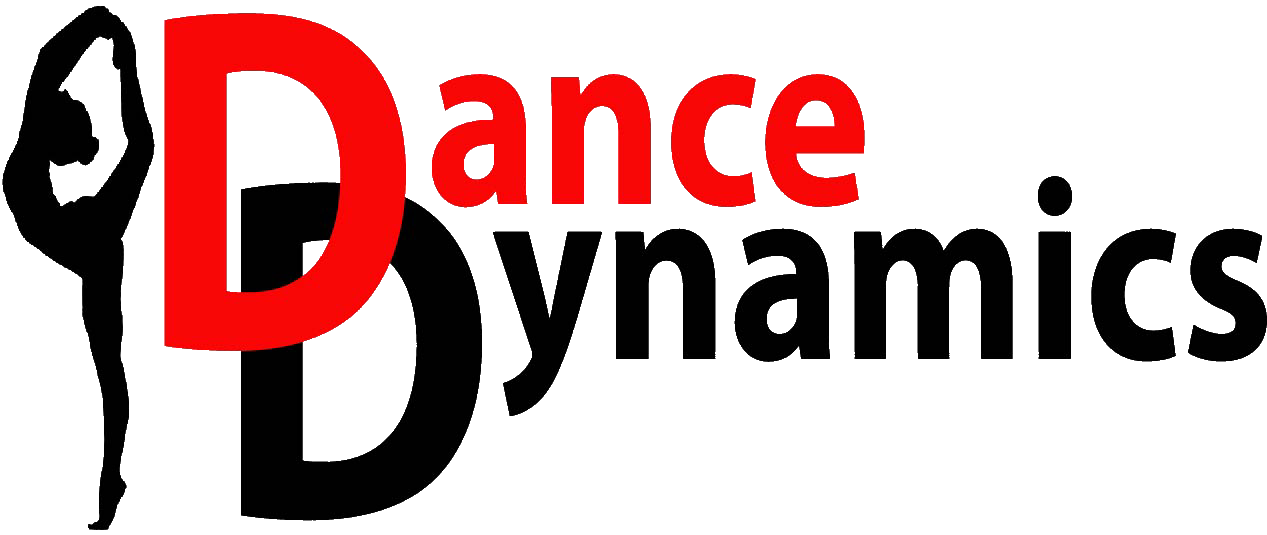Boosting Confidence and Social Skills through Dance: Empowering Young Minds to Thrive
The powerful influence of dance stretches far beyond the realm of artistic expression and physical fitness. As an engaging and dynamic activity, dance education acts as a catalyst for the growth of essential life skills, ranging from communication to empathy to self-awareness. Among these vital character traits, confidence and social skills hold a distinctive significance, providing young learners with the tools they need for success in their dance education and throughout their personal journeys in school, friendships, and future careers.
In this insightful and inspiring blog post, we explore the transformative power of dance in fostering self-confidence and social skills among young learners. Understanding the unique benefits of dance education as they relate to emotional, cognitive, and social development will empower you as a parent to acknowledge and value the expansive influence of dance in shaping your child's sense of self, interpersonal relationships, and overall well-being.
Join us as we venture deep into the world of dance, highlighting the profound contribution of dance education in nurturing a holistic and balanced approach to personal growth. By recognizing the enduring benefits of dance, we hope to inspire you to support your child's journey in this creative and life-changing endeavor, watching them flourish into confident, socially adept individuals who excel in all aspects of life.
Building Self-Confidence through Dance Education
Self-confidence is an essential life attribute that promotes personal growth and emotional well-being. Dance education can be instrumental in developing self-confidence by providing young learners with a safe and supportive environment to discover and hone their physical abilities, creative expression, and artistic skills. They gain assurance in their talents and abilities as they acquire new techniques and perform in front of peers and audiences.
Moreover, engaging in dance classes can also encourage a growth mindset among young learners. They learn to embrace challenges and setbacks as opportunities to develop resilience, cultivating a strong sense of self-belief and determination. This newfound self-confidence can undoubtedly lead to overall success in various aspects of life, including academics, interpersonal relationships, and future careers.
Facilitating Communication and Collaboration
Dance education often involves collaborative group work where young learners engage with their peers to create choreographies or master new techniques. This teamwork encourages effective communication and compromise, fostering vital social skills like active listening, empathy, and conflict resolution.
Participating in dance classes allows students to forge supportive and lasting friendships with like-minded peers, providing a strong sense of community and belonging. These interpersonal connections contribute to their social development and emotional health, encouraging personal growth that will benefit them throughout their lives.
Enhancing Emotional Intelligence through Dance
Dance is a powerful medium for expressing emotions and telling stories. When young learners immerse themselves in dance education, they develop a heightened awareness of their emotions and the ability to empathize with others. This emotional intelligence can translate into stronger social skills and interpersonal relationships, both within and outside the dance studio.
Moreover, dance education can provide young learners with a creative outlet for coping with stress, emotional concerns, or challenges in their lives. Engaging in dance classes can function as an essential self-care practice, enabling them to process emotions and develop emotional resilience.
Nurturing Presentation, Public Speaking, and Leadership Skills
Performing dance routines and participating in recitals allow young learners to hone vital presentation and public speaking skills. These skills are often transferable to a multitude of life experiences, from classroom presentations to job interviews. Overcoming stage fright can build their self-confidence as they face challenges head-on and take pride in their achievements.
Furthermore, advanced dance students may become role models or even assist their instructors in leading classes, nurturing essential leadership skills such as responsibility, patience, and adaptability. This growth in leadership abilities can positively impact their future pursuits, guiding them toward fulfilling academic and professional endeavors.
Setting the Stage for Success – Empower Your Child through Dance Education
Undoubtedly, dance education offers young learners vital skills that extend well beyond the studio. By fostering self-confidence, social skills, emotional intelligence, and leadership abilities, dance education lays a robust foundation for personal growth and holistic well-being. By recognizing the countless benefits of dance, parents can support their child's journey in this life-changing creative pursuit, encouraging them to soar as confident, socially adept individuals.
Enroll your child in one of Dance Dynamics’ dynamic and engaging dance classes today, offering them the chance to flourish as dancers and as well-rounded individuals prepared for success in all facets of life. We are dedicated to providing an exceptional dance education experience that equips young learners with the skills and self-assurance they need to excel in the arts and embrace the many opportunities that come their way.
